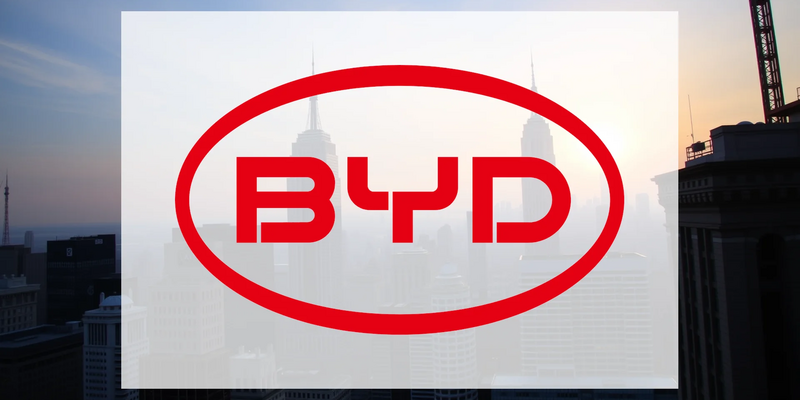BYD Shares Slide as Quarterly Profit Plummets
16.11.2025 - 05:03:04China's leading electric vehicle manufacturer BYD has reported its weakest quarterly performance in over four years, sending shockwaves through investor circles. The company disclosed a 33% drop in third-quarter 2025 net income, which fell to 7.8 billion yuan ($1.1 billion), marking the most significant decline since 2021.
Financial results released on October 30 revealed the full extent of the challenges facing the automaker. Revenue contracted by 3.1% to 195 billion yuan, representing the first sales decline in more than five years. This marks the second consecutive quarter where China's largest automotive manufacturer has reported shrinking profits.
BYD's domestic market position is showing clear signs of strain from aggressive competition. Rivals including Geely and Leapmotor have been steadily capturing market share in the budget vehicle segment. The company's domestic market share has slipped from 18% last year to just 14% as of September.
In response to mounting competitive pressures, BYD has initiated new discount campaigns for popular models such as the Qin Plus. However, these pricing strategies have so far yielded limited positive results.
October sales figures highlight the ongoing challenges:
- Total vehicle sales: 441,706 units (down 12% year-over-year)
- Plug-in hybrid sales: 214,297 units (down 31%)
- Pure electric vehicle sales: 222,559 units (up 17%)
Supplier Payment Policy Overhaul
In a significant policy shift announced November 14, BYD is fundamentally changing its controversial payment practices. The company will gradually phase out its proprietary Dilian system, which has been a source of tension with suppliers since its implementation in 2018.
This system had enabled BYD to defer payments to suppliers for up to one year through electronic promissory notes. While beneficial for the company's liquidity, the arrangement placed substantial financial pressure on suppliers. Discount fees of up to six percent for early payment redemption significantly exceeded conventional bank acceptance bill rates, which typically remain below two percent.
Should investors sell immediately? Or is it worth buying BYD?
New Chinese regulations now require automakers to settle payments within 60 days. BYD's average payment period during 2024 reached 127 days, substantially longer than the industry average of 108 days.
Global Expansion Continues Despite Domestic Challenges
Despite mounting difficulties in its home market, BYD continues to pursue international growth opportunities. The company announced a partnership with Inter Milan on November 12, unveiling a limited edition SEALION 7 INTER EDITION as part of its European branding strategy.
The automaker maintains ambitious export targets, planning to double its overseas sales proportion to 20% of total sales in 2025, compared to 10% in 2024. Concurrently, BYD has reduced its overall sales target by 16% to 4.6 million vehicles.
Potential import tariffs of up to 50% on electric vehicles from non-trade partner countries create additional uncertainty. The company's planned manufacturing facility in Mexico now faces reconsideration amid these potential trade barriers.
Research and Development Costs Surge
Mounting cost pressures have forced BYD to implement significant operational changes. Research and development expenditures skyrocketed 31% to 43.7 billion yuan during the first nine months of 2025, representing substantial future investment that has contributed to current profit declines.
Inventory levels ballooned to over 150 billion yuan during the third quarter. Production adjustments appear inevitable as the company works to align inventory levels with softening demand. This marks the first quarterly decline since 2020, with mega-factories reporting extended production reductions.
The company's stock performance reflects market uncertainty, having lost more than 30% of its value since May 2025. Despite this recent weakness, the three-year return of 58% continues to reflect the long-term growth potential of the electric mobility transition.
Ad
BYD Stock: Buy or Sell?! New BYD Analysis from November 16 delivers the answer:
The latest BYD figures speak for themselves: Urgent action needed for BYD investors. Is it worth buying or should you sell? Find out what to do now in the current free analysis from November 16.
BYD: Buy or sell? Read more here...


